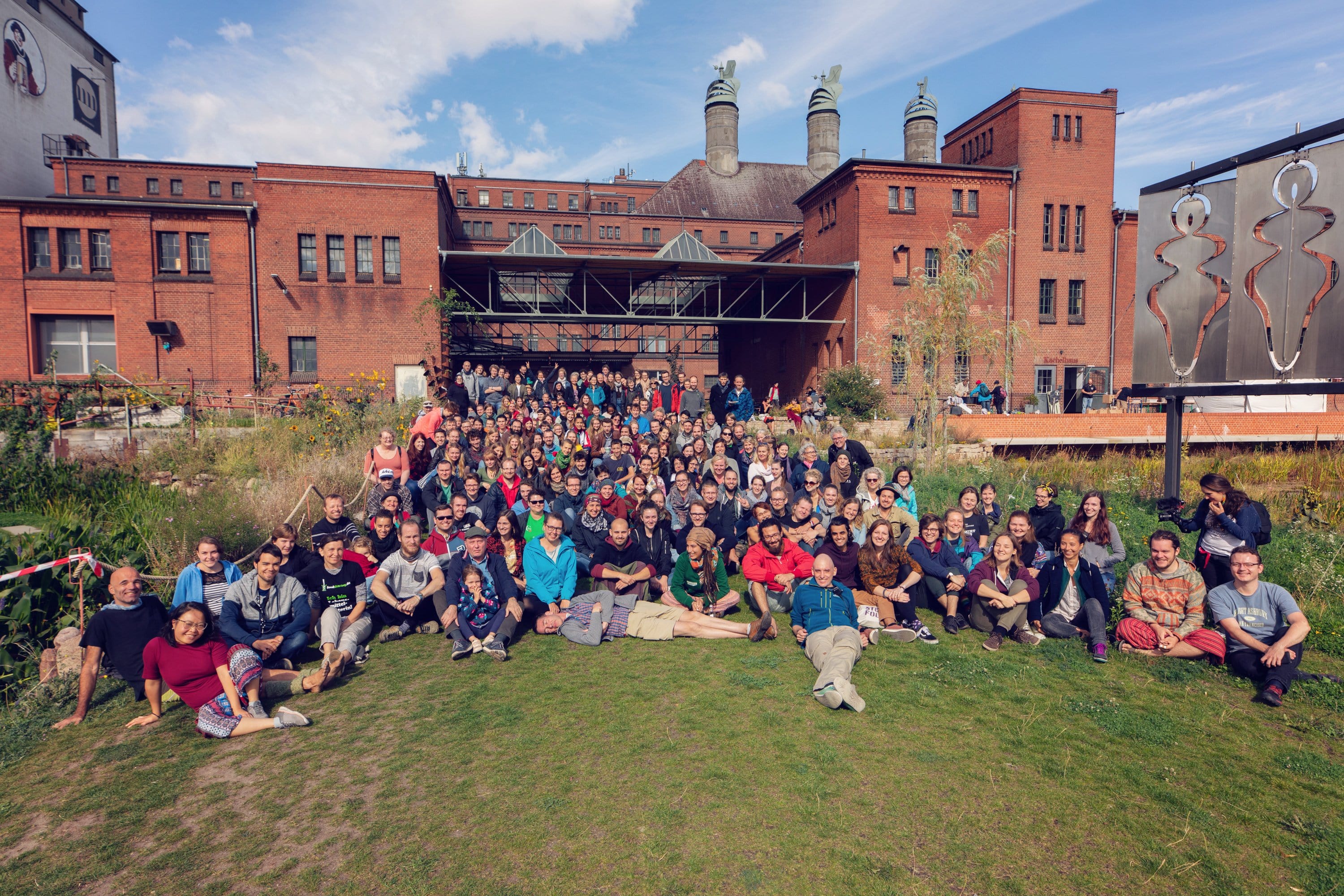When we think about food waste, we often forget that it doesn't just happen at the hands of consumers, supermarkets, bakeries, and restaurants. Many products end up in the trash even during production. Not only does up to 50% of the harvest go to waste in the fields, but this also applies to meat production. For example, on average, more than 20% of all pigs die before they even reach the slaughterhouse.
The animal industry, with its massive agricultural use, has a particularly strong impact on our ecosystem. Over 70% of the world's agricultural land is concentrated exclusively on growing animal feed or used as pasture. Half of global grain production and even 75% of global soy production are used as animal feed. In the case of meat, up to 90% of all protein is lost on its way to our stomachs.
If we were to give the food grown for animals to people, we could feed the world's 815 million hungry people 8.5 times more adequately.

Image source: SIRPLUS
We (in Western countries) have the luxury of being able to choose our own cut of meat. Meat products like brains, tongue, or liver are often left behind and end up in the trash before they even make it into the refrigerator.
In Germany alone, 346 million kilograms of meat are thrown away every year – that's half the average animal ending up in the trash. On top of that, we throw away an average of another four kilograms of meat per person per year.
This is not only questionable from an ethical standpoint, but also catastrophic from an ecological perspective:
The production of animal-based foods requires a particularly large number of resources:
-Huge amounts of water: 1 kg of beef alone requires 15,500 liters of water; that's enough for one person to shower daily for a year.
Depending on the study, between 18 and 51% of all greenhouse gases produced worldwide are caused by the global animal industry.
Food waste therefore inevitably also means resource waste.

Image source: vebu/proveg
So if you want to step up your game against food waste and live more sustainably, why not try a plant-based diet? Your consumer choices influence companies and producers, contributing to a fairer society. Even one vegan day a week has a significant positive impact and is enjoyable. And if you do occasionally crave meat without guilt, you can find what you're looking for at our rescue markets. Since animal products have such a large ecological footprint, choosing a plant-based option saves a significant amount of CO2 and water.
Last but not least: A regular meat burger contains up to 58.5g of soy per burger. A vegan soy burger contains only 16g – a great argument when someone claims that soy gives you man boobs!
If you would like to learn more about animal food production: the Heinrich Böll Foundation's Meat Atlas is freely accessible at www.bund.net/fleischatlas
We also have a great vegan rescue box for you.
http://www.tierrechte-ahrensburg.de/files/fleisch_vegetarisch.pdf
https://www.vier-pfoten.ch/de/themen/nutztiere/ernaehrung/welthunger/
https://www.simply-live-consciously.com/deutsch/ern%C3%A4hrung-ressourcenverbrauch/tierfutterverbrauch/



